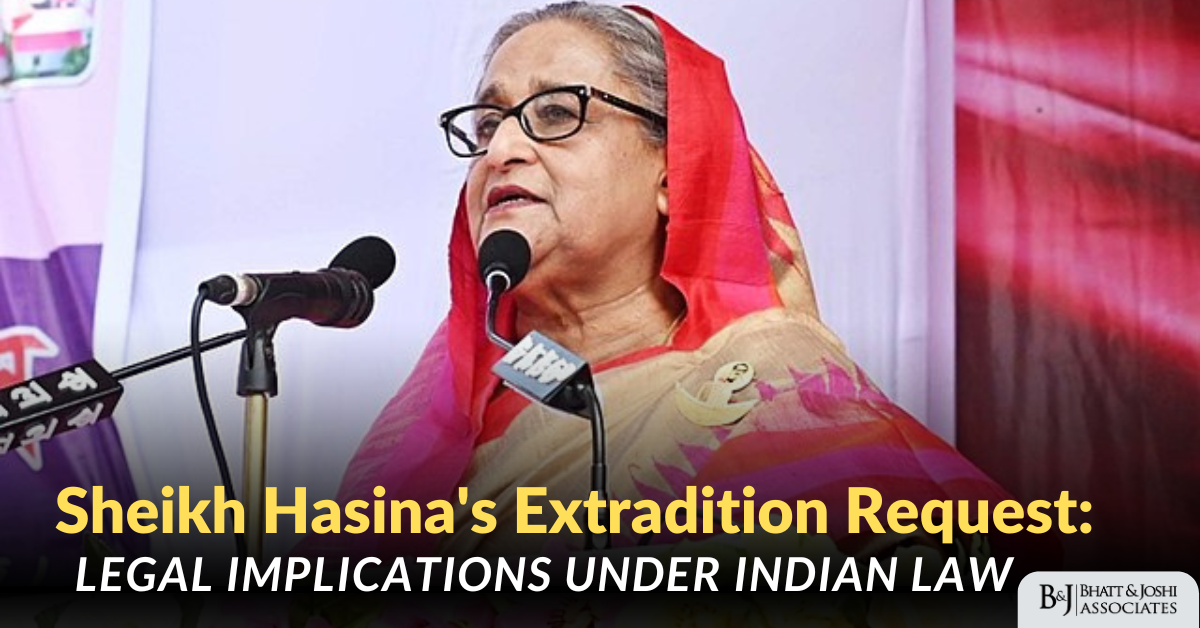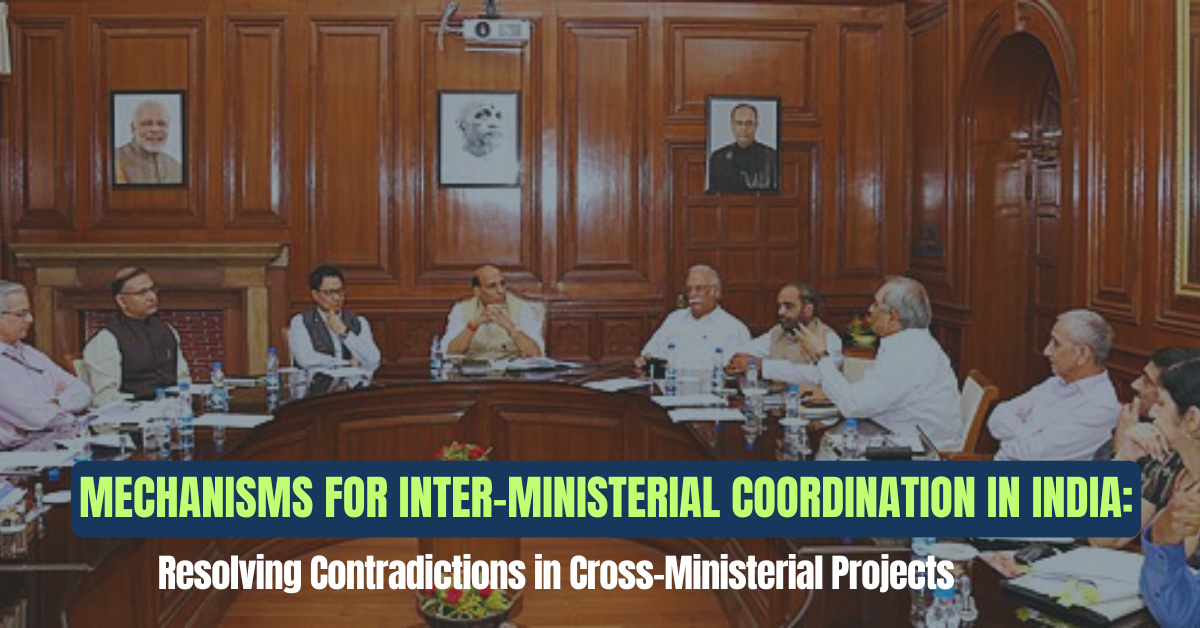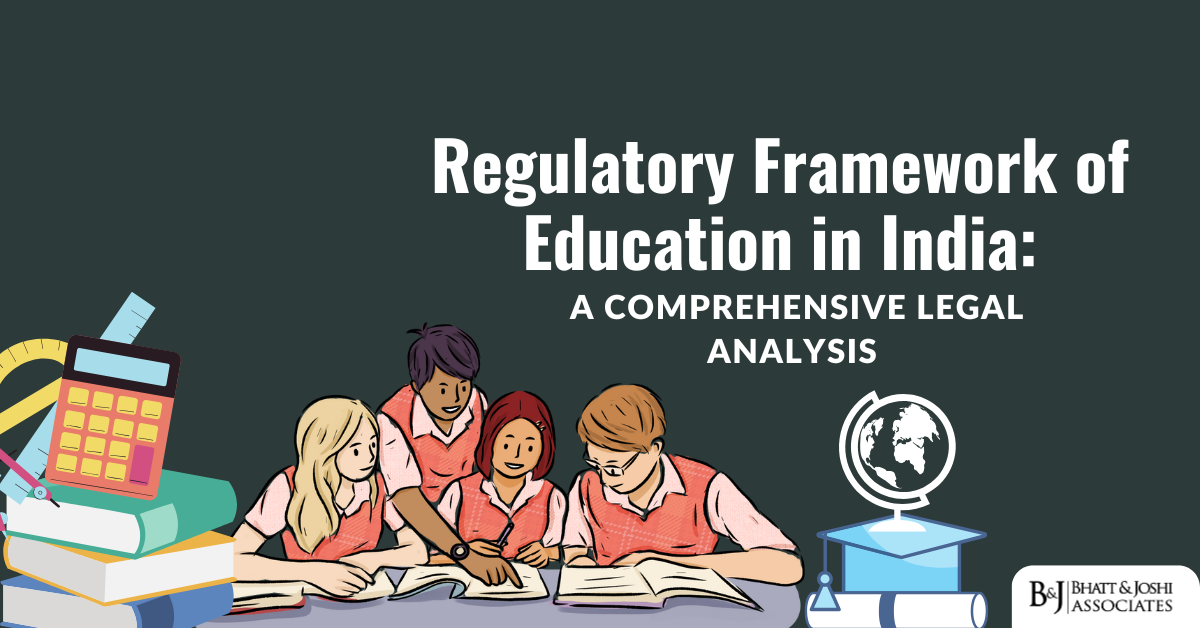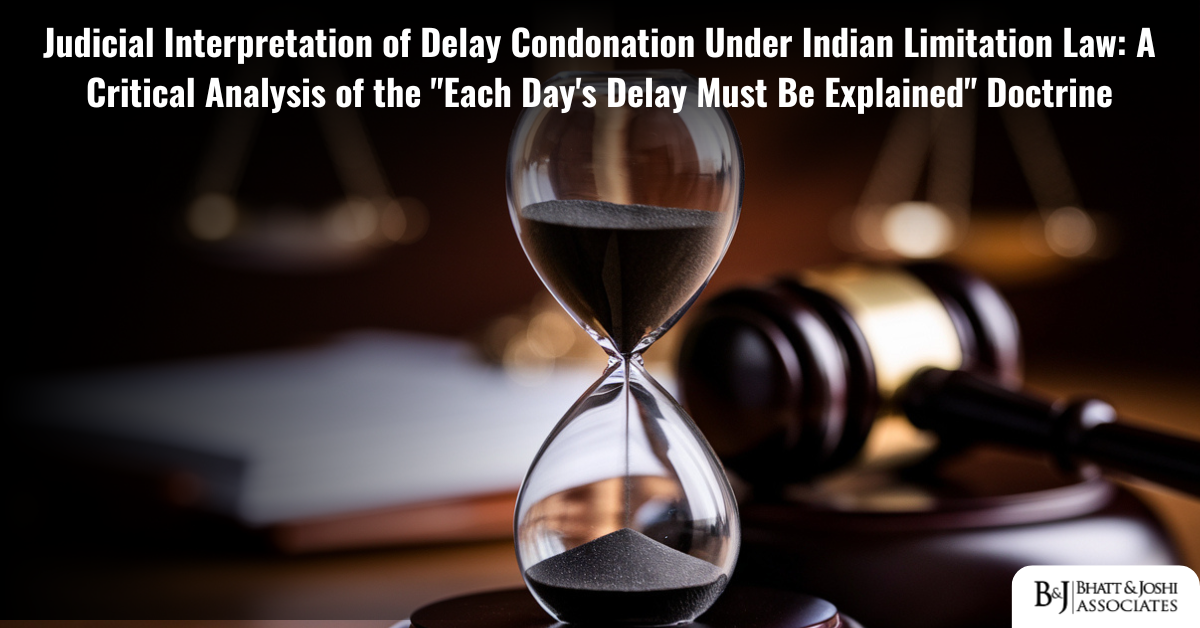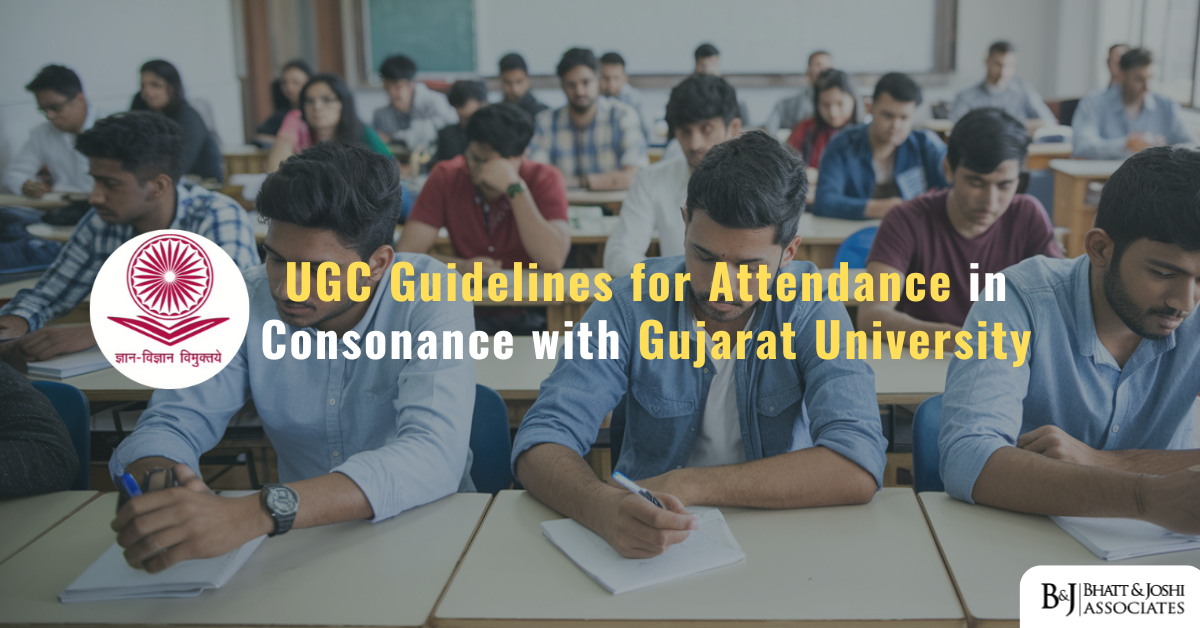Introduction
Sheikh Hasina’s extradition request from Bangladesh, following her seeking refuge in India in August 2024, has brought India’s extradition laws and treaty obligations into sharp focus. This article examines the legal framework governing extradition in India and its application to her case.
India’s Extradition Law
India’s extradition process is primarily governed by the Extradition Act of 1962. This Act provides the legislative basis for extraditing fugitive criminals to and from India. The Act allows for extradition based on bilateral treaties or even in their absence, through special arrangements.
Key aspects of India’s extradition law include:
- The principle of dual criminality, requiring the offense to be punishable in both countries.
- Extradition for offenses carrying a minimum punishment of one year imprisonment.
- Provisions for refusing extradition for political offenses.
India-Bangladesh Extradition Treaty
India and Bangladesh signed an extradition treaty in 2013, which was amended in 2016 to simplify the process. The treaty’s key provisions include:
- Extradition for crimes punishable by at least one year imprisonment in both countries.
- Removal of the requirement to provide evidence of the alleged crime; only an arrest warrant is now needed.
- Grounds for refusal, including political offenses and accusations not made in good faith.
Legal Issues in Sheikh Hasina’s Extradition Case
Several legal challenges arise in considering Sheikh Hasina’s Extradition Request:
- Political Offense Exception: Article 6 of the treaty allows refusal if the offense is of a “political nature”. However, crimes like murder and torture are explicitly excluded from this category.
- Good Faith Requirement: Article 8 permits refusal if the accusation is not made “in good faith in the interests of justice”. India could potentially invoke this clause.
- Human Rights Considerations: Indian courts have held that non-citizens are entitled to protection under Article 21 of the Constitution. This could influence the decision if there are concerns about fair trial or treatment in Bangladesh.
- Procedural Requirements: Reports suggest that Bangladesh’s request may not have fulfilled all formal requirements for an extradition request, which could provide grounds for delay or refusal.
Legal Precedents and Implications
Indian courts have previously emphasized the need for prima facie evidence before extradition. In Hasina’s case, the removal of the evidence requirement in the 2016 amendment complicates this aspect.
The Supreme Court of India, in cases like Abu Salem v. State of Maharashtra, has stressed the importance of adhering to treaty obligations. However, the Court has also recognized exceptions based on human rights and procedural fairness, influencing how extradition matters are handled.
key case laws and judgments on extradition law in India:
V.D. Savarkar Case (1910)
This case involved Indian freedom fighter V.D. Savarkar, who escaped from a British ship but was captured by French police and handed back to British authorities. The French government demanded Savarkar’s return, claiming extradition procedures were not followed correctly. The case went to the International Court of Justice, which ruled in Britain’s favor.
Dharma Teja Case (1972)
Dharma Teja, accused of embezzling funds from a shipping corporation, fled to Ivory Coast. Initially, Ivory Coast refused extradition due to lack of a treaty with India. Teja later went to London and was eventually brought back to India in 1972 and convicted.
Abu Salem Case (2005)
Abu Salem, wanted for his involvement in the 1993 Mumbai blasts, was extradited from Portugal to India in 2005. The case highlighted the importance of adhering to extradition treaty conditions, as Salem could not be sentenced to death due to the terms of the India-Portugal extradition agreement.
Samirbhai Vinubhai Patel Case (2016)
This case marked the first successful extradition from the UK to India under the 1992 India-UK extradition treaty. Patel was extradited in connection with a 2002 Gujarat riots case.
Sanjeev Chawla Case (2020)
Bookie Sanjeev Chawla was extradited from the UK to India in February 2020, marking a significant development in India’s efforts to bring back fugitives
Marie Emmanuelle Verhoeven Case (2015)
In this case, the Delhi High Court examined the validity of a notified order for extradition to Chile. The court highlighted errors in the order, including incorrect references to laws and improper exercise of powers under the Extradition Act.
Key Principles from Judgments
- Political Offense Exception: Courts have recognized that extradition may be refused if the offense is of a political character.
- Human Rights Considerations: Indian courts have emphasized that non-citizens are also entitled to protection under Article 21 of the Constitution, which can influence extradition decisions.
- Prima Facie Case Requirement: For countries notified under Chapter II of the Extradition Act, a prima facie case must be established before extradition can be ordered.
- Dual Criminality: The offense must be punishable in both India and the requesting state.
- Specialty Principle: A person extradited can only be tried for the offense for which they were extradited, unless restored to or given an opportunity to return to the surrendering state.
These cases and principles demonstrate the complex interplay between legal obligations, diplomatic considerations, and human rights concerns in India’s extradition law and practice.
Conclusion: Balancing Legal and Diplomatic Factors in Hasina’s Extradition
While the Sheikh Hasina’s extradition request under the India-Bangladesh extradition treaty provides a framework for her potential extradition, several legal avenues remain for India to refuse the request. The decision will likely balance legal obligations, diplomatic considerations, and human rights concerns. Ultimately, as noted by legal experts, the final decision may be more political than strictly legal, reflecting the complex interplay between law and diplomacy in extradition matters.





